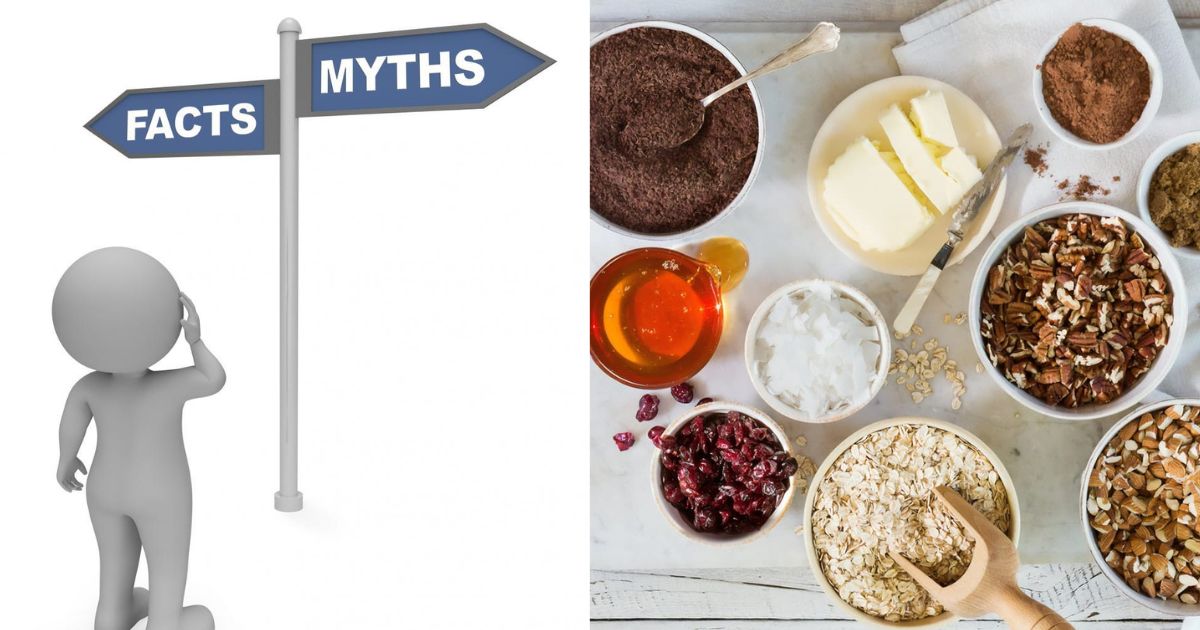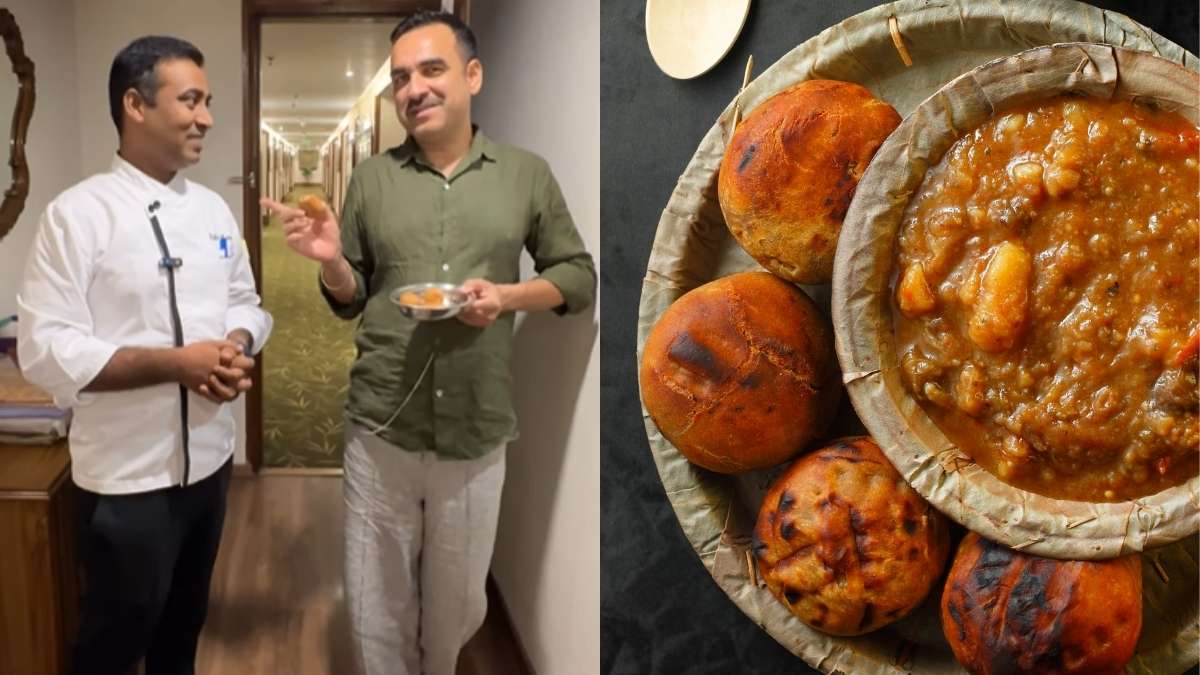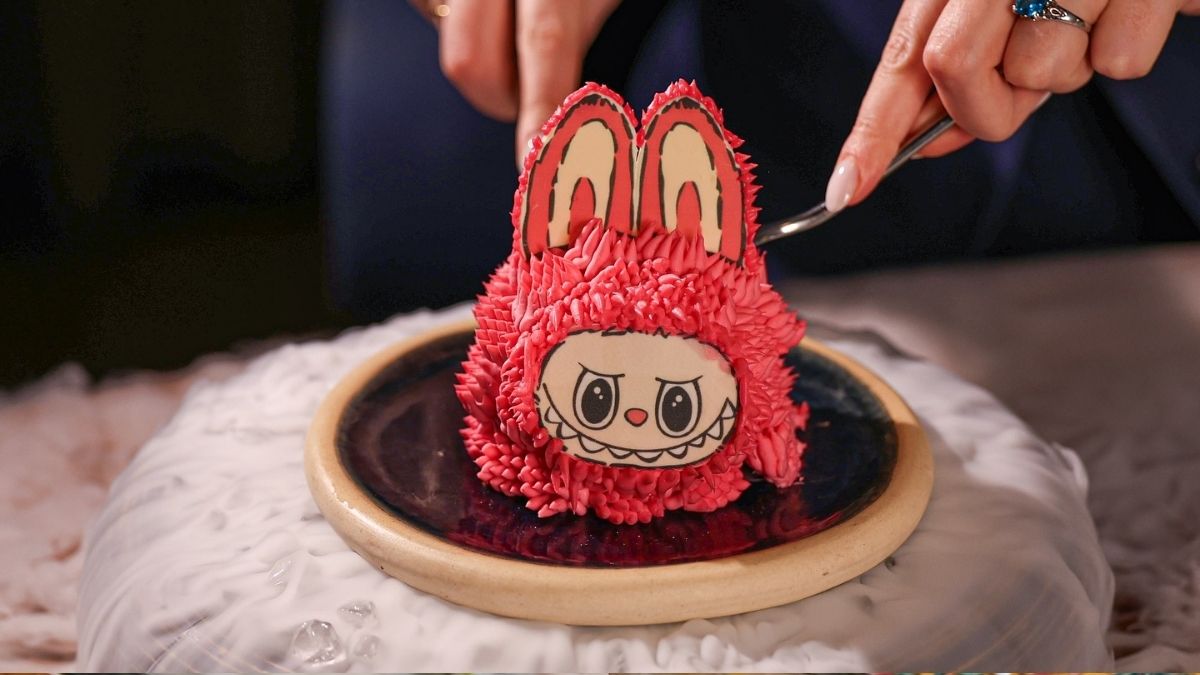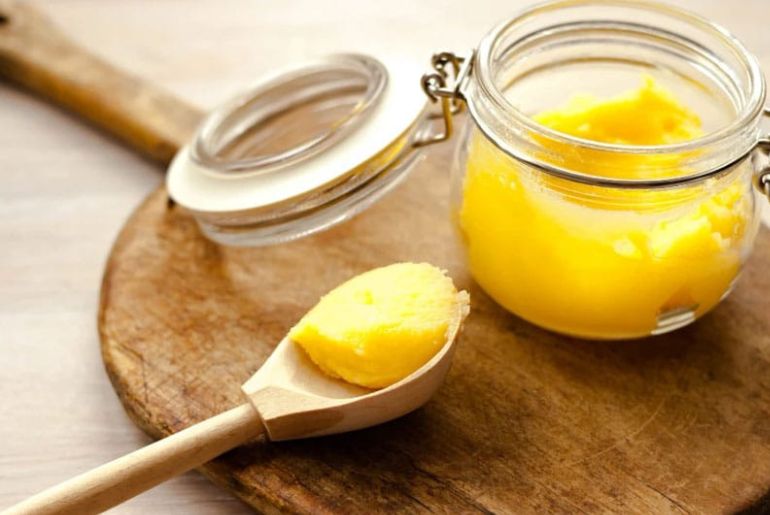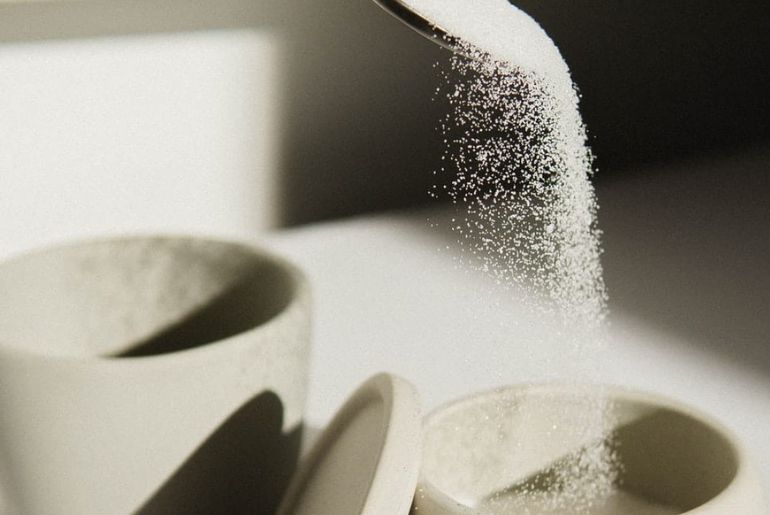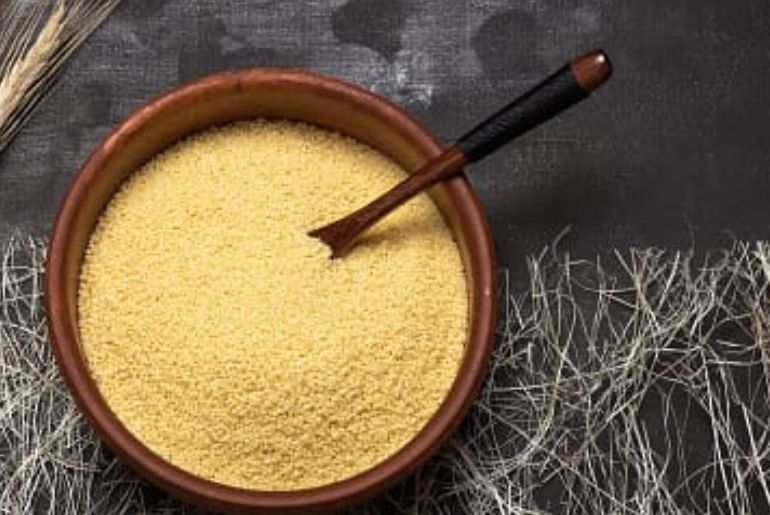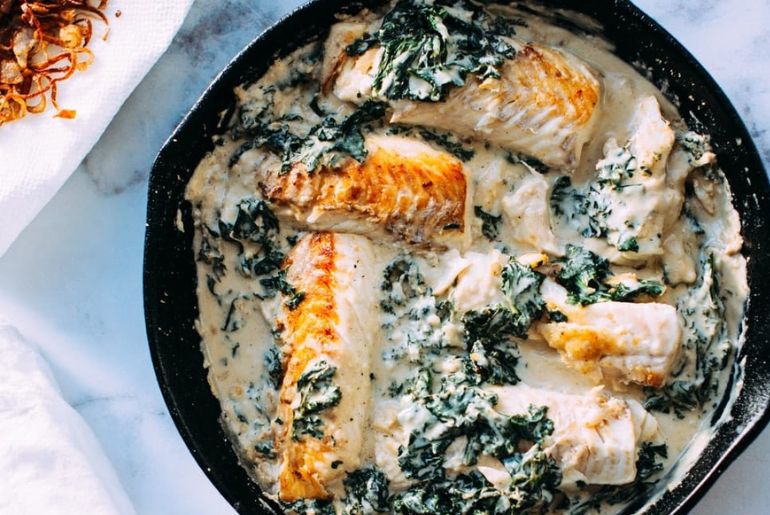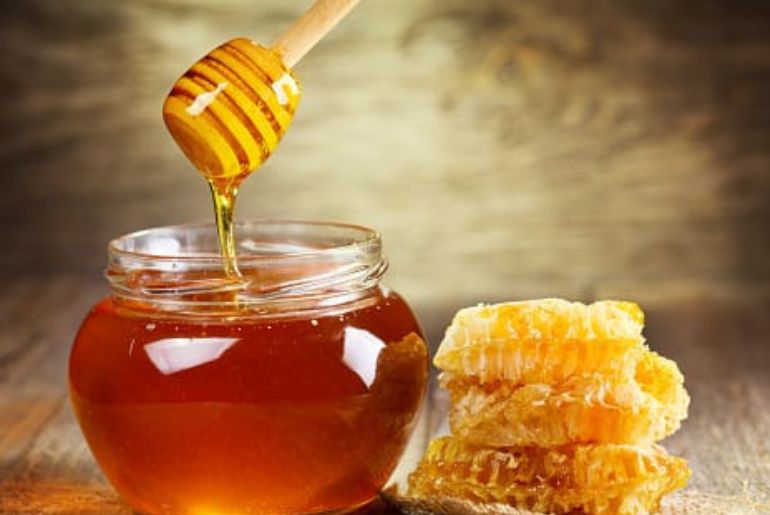Do you ever hear something and believe it instantly without looking up the facts? I guess we all do it! There are some beliefs in India that are being passed down for generations. So if you are avoiding eggs for fear of cholesterol, you need to look up the facts for sure. And we are here to help you do that. Here is a list of 5 popular Indian food beliefs and the true reality behind them.
1. Desi Ghee Is Harmful To Health
Even though desi ghee is an Indian kitchen staple, it still suffers from a lot of stereotypes. Most Indian parents avoid ghee as they think it’s not good for the heart. Indian food beliefs will also make you blame Desi ghee for weight gain. But in reality, Desi Ghee is actually armed with 32% monounsaturated fatty acids and 65% saturated acids. And this means Desi ghee is in fact healthier than your fancy sunflower, safflower, and corn oils. Unlike polyunsaturated fatty acids, Desi ghee will not lower the good cholesterol in your body. Researchers even say that Cow ghee is a good addition to your diet to protect you from cancer.
2. Avoid Sugar To Avoid Diabetes
This is one of the most popular Indian food beliefs. You often see parents giving lessons after your ice cream sessions because sugar you see! Well, staying away from refined sugar will only help you lose a few calories but it’s not going to help you avoid diabetes. Diabetes is basically the inability of your body to effectively process carbohydrates. In reality, eating sugar makes your blood sugar level go up, but it doesn’t cause you to develop diabetes. Diabetes is mostly inherited, and the only way to prevent it or keep it in check is to keep your ideal body weight, restrict your overall calorie intake, and do mild aerobic exercise. We recommend walking.
Also read: ICMR Launches Travel Guidelines For Teens And Children With Diabetes
3. Suji Is A Nutritious Whole Grain
Semolina or Suji takes up a very important part of Indian Kitchens. If your decisions are shaped by Indian food beliefs then you are healthy suji snacking for sure. But busting your myth here, that’s not a healthy snack at all! Suji (semolina or Rava) is basically flour in a granular form. So the nutritional content of Suji is the same as refined wheat flour. In reality, whole grain is rich in fiber and nutrition. Suji is just a starch-rich element that’s left out once the grain is stripped of all its nutrients. So we hope this busts your myth because Suji is nothing but broken endosperm.
4. Fish And Milk Should Not Be Eaten Together
Heard your Mom scream at any new fish recipe that includes milk? Or is it the, ‘Avoid drinking milk just after you had fish, it’s poison’. Well, this is a very common scene in our Indian households. It’s also one of the most popular Indian food beliefs. But let’s see what Science says! There is no scientific proof that fish and meat are a toxic combo. No research proves that this combination will ruin your body or skin. So if you have been skipping the delicious fish recipes that include milk, stop doing it. We actually recommend you quickly go ahead and try one of those!
Also read: 5 Unique Varieties Of Himachal Apples You Didnt Know Existed
5. Honey Is Better Than Sugar
Is it just my family who keeps on bothering me to choose honey over Sugar? Well, I guess not. ‘Honey is a better alternative for sugar’- another of those popular Indian food beliefs. But let’s go by facts! Honey is actually not a healthy way to sweeten your life. In reality, one tbsp of honey contains almost 65 calories, while it’s just 45 calories for one tbsp of sugar. Honey is also made up 55 percent of fructose. So if you are consuming honey be sure to face a blood-sugar spike and weight gain.
First Published: June 22, 2022 3:58 PM
View this post on Instagram

